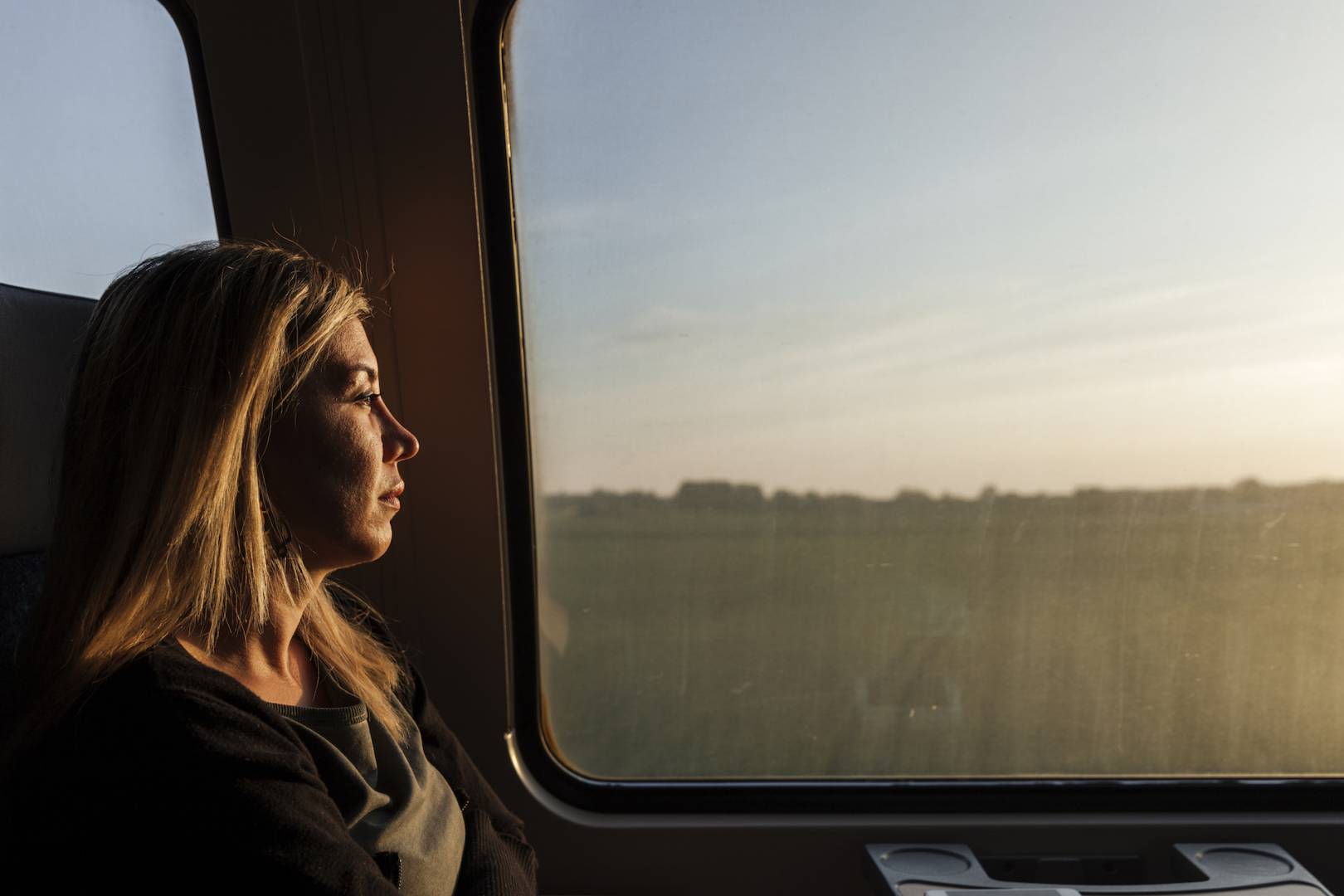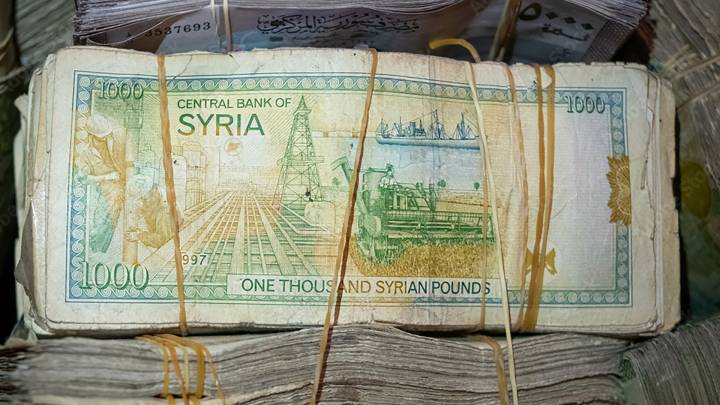The war in Syria rages on, but many Syrian refugees have built new lives for themselves in Europe. Here are two stories about starting from scratch.
A mother and her sons romp on the boys’ beds in their house in Odsherred on the Danish island of Zealand. They laugh and launch a pillow fight. They are alive. Lilas Hatahet play fighting with her two boys Ward (six) and Wajd (nine) looks commonplace, but it is actually a sort of miracle. Back in July 2012, the now 38-year-old journalist learned that the Syrian intelligence service was looking for her. She was working in the communications department of the Damascus Opera, alongside her work as a journalist, and supported the peaceful revolution in Syria.
When she got word of the arrest warrant, she had no time to pack suitcases. Instead she fled her home with her two children and her memories of her former life in Damascus. First they went to neighbouring Lebanon, and from Beirut they travelled by air to Cairo.
There she worked for two years on a political television programme titled 'Here's Damascus from Cairo'. But then again she was forced to leave her stable life that she built and leave Egypt because the Syrian embassy in Cairo refused to renew her passport.
With little time before her passport would expire, she took her children and traveled to Turkey by air. There the only route left open for Lilas and her children was to travel illegally to Europe over the sea, from Turkey to Greece. Finally they arrived in Denmark at the end of 2014.
When you have the opportunity to rebuild something it is very important, because it will make you feel that you are not a refugee.
Inside a refugee camp in Denmark, Lilas made in contact with the International Federation of Journalists; they helped her by sending a letter to the Ministry of Immigration in Denmark to support her case and get a political asylum in Denmark based on her professional experience and journalistic reputation in the Arab world.
The Danish Union of Journalist met Lilas and put her in contact with (IMS) International Media Support in Copenhagen, she made a job interview and after short practice time with the organization, she got her actual job as media adviser with IMS. Alongside her freelancing work as writing journalist with a daily Danish newspaper.
“When you have the opportunity to rebuild something it is very important, because it will make you feel that you are not a refugee; you are not a number or a label. You are a person,” says Lilas.
Lilas led a good life in Damascus – she had work and was stable and comfortable. She sent her children to good schools and did her best for them. Starting at zero again was devastating, but her determination helped her through. She is a fighter. Looking back, she reflects: “That moment was for me the beginning of a new life… When I went to go and arrange my house, buy furniture, buy small things, I discovered that I was buying items that have the same spirit as my house in Damascus.”
‘People only see my headscarf’
Görlitz, a town in eastern Germany, lacks pharmacists. Fewer and fewer young people want to stay in the region or work there. This is where the United Nations Refugee Agency (UNHCR) decided to send Syrian refugees Hossam Jalouk and his wife Afraa.
In the beginning, they stared at us as if we were from another planet!
The couple, both young pharmacists, married in 2012 during the war in their homeland – they describe their honeymoon as an experience “between the tanks and mortar shells”. They left Syria after Hossam managed to find a job in a pharmacy through private contacts in Lebanon. They rented a house in Beirut.
When their son Majed was born on 25 December 2012, they registered as refugees at the UNHCR. The Lebanese registry office refused to give them a birth certificate for their son, and refugee status was the only way their child could get official documents.
“In the plane from Beirut to Hanover there were about 200 refugees, all of whom had received asylum in Germany through the UNHCR,” says Hossam. The young Syrian couple had mixed feelings about their move. They were worried about their uncertain future but happy they were going to a safe country.
And while Görlitz has given them opportunities to build a new future, it hasn’t always been easy. Afraa says many German women comment or ask about her hijab. “Do you take off the headscarf for a shower? Do you wear the headscarf at night?”
Afraa is very uncomfortable; she feels different, out of place. “People only see my headscarf, but they do not know about our education or even the rich history of our culture,” she says. “In the beginning, they stared at us as if we were from another planet!”
The first year was difficult. Afraa, Hossam and their son Majed faced many problems, but they worked hard to overcome them. The couple took up regular German courses and the family is now fluent in the language. Hossam and Afraa have finally received a licence, meaning they can work as pharmacists in Görlitz from next year.
Looking at his new life in Germany, Hossam remains grateful. “Now I consider Germany my home, the land that hosted us without knowing us, while many other Arab lands know us but refused to have us.”
Since the summer of 2017 Afraa has been pregnant again. Although they have settled in to their new home, the couple faces a dilemma. They want to return to Syria after the end of the war. “It's a difficult decision,” says Afraa.




